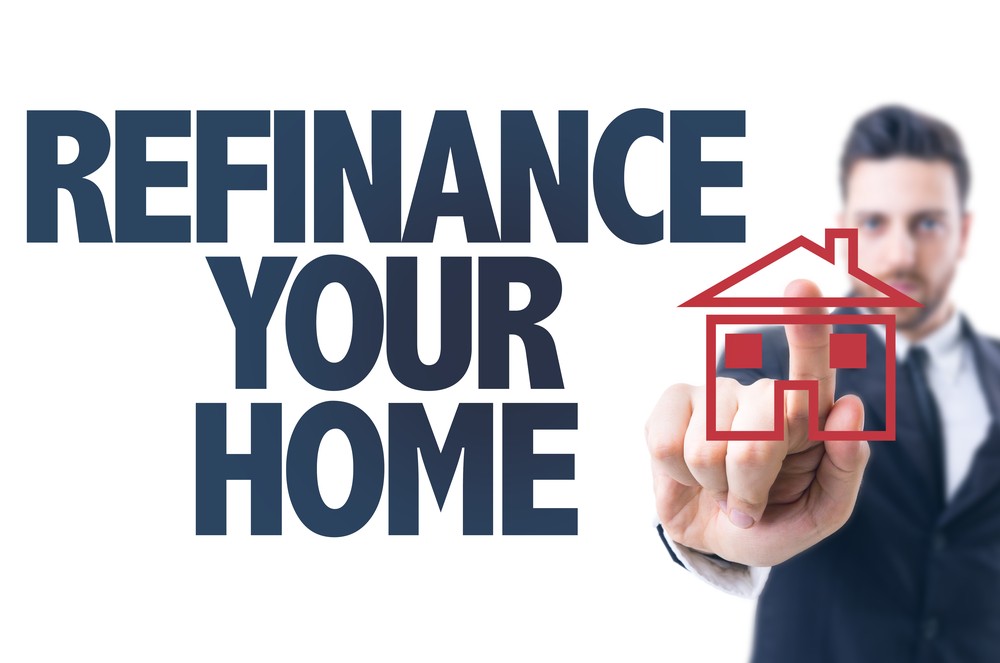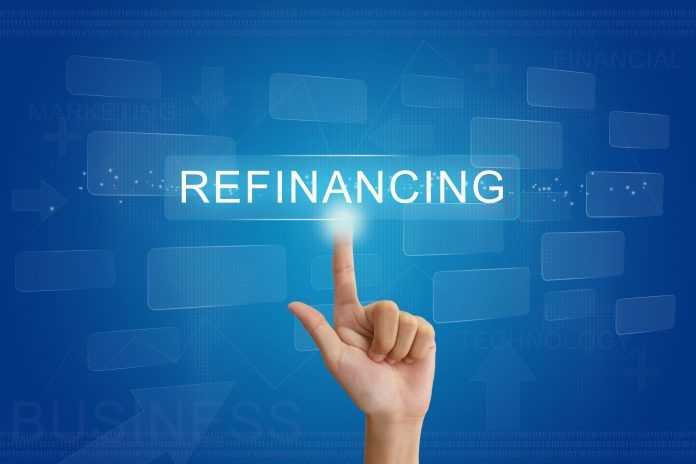The decision has been made to refinance your home. There are many reasons to refinance, and no doubt you have your reasons too. Most times, when done properly, refinancing can be very beneficial for homeowners looking to leverage their equity. However, there may be some risk associated with a home refinance loan. So, what are they? Let’s have a look at the risks of refinancing:
- A common practice when refinancing your mortgage is to extend the duration of your loan term, but with a lower rate than your existing one. Depending on your situation, this type of refinance can result in you paying more than your original mortgage over the long run.
- If you plan on pulling on the equity of your home to pay non-mortgage debts, say unsecured credit lines, auto loans and the like, pre-plan a new, affordable monthly budget before finalizing your decision to refinance. Otherwise, you may find yourself in the same dilemma a few months later, but without the option of refinancing your home to pay off these outstanding balances.
- Some people prefer an open mortgage option, which allows the homeowner to pay for the existing mortgage without penalties any time before the contract expires. This may be a tricky situation to effectively manage since mortgage rates are increasing and decreasing all the time. If you decide on this type of mortgage program, you need to keep a close eye on your lender’s interest rate and consider switching to a fixed rate mortgage once interest rates trend up.

What Is The Ideal Time To Refinance My Home?
There is no specific time when you can refinance your mortgage or home. If you missed your chance of refinancing your mortgage last year, this is not too late. You can refinance any time you want to do. But, before doing this, you must consider some of the things.
The things you must consider before refinancing your mortgage:
- Seasoning period
- Early Payoff penalty
- Closing costs and any fees
- Break-even analysis
The Possible Costs Of Refinancing Your House:
Home loans are great, but again, they generally don’t provide the financing that can reach the hundred thousand dollar mark or more. Refinance is the best solution when you need multiple ten thousand dollars or hundred thousand dollars or more. This financing works like your mortgage, with one slight difference. There are some costs of refinancing your mortgage. These are shown below:
Application Fee: Borrower will be charged for the application fees to cover the cost of checking the credit report, and the initial cost to process the loan. The application fee tends to hover around $250 to $500.
Title Insurance And Title Search: Before your lender approves the refinancing, a title search by the title insurance company will be required. This can cost between $ 200 up to $ 800 to avoid any possible problem or mistake with the title transfer.
Recording Fee: The county or city you live in may charge a recording fee for handling the paperwork, which may add another $25 to $250 to your total bill. On the whole, expect to pay (as a very rough ballpark) about 1.5% of your principal loan amount in closing costs when you refinance.
Points And Fees Incurred In Loan Origination: Lenders may charge a fee depending on their work in preparing and evaluating a mortgage loan. This is to increase the interest rate on the mortgage note. Remember, one point is equivalent to one percent of the actual loan amount.
Whatever your reason, refinancing your mortgage in this economic environment is a wise financial decision for the majority of homeowners. I would encourage that you at least discuss the possibilities with a mortgage loan officer and capitalize on current market conditions to save money.


